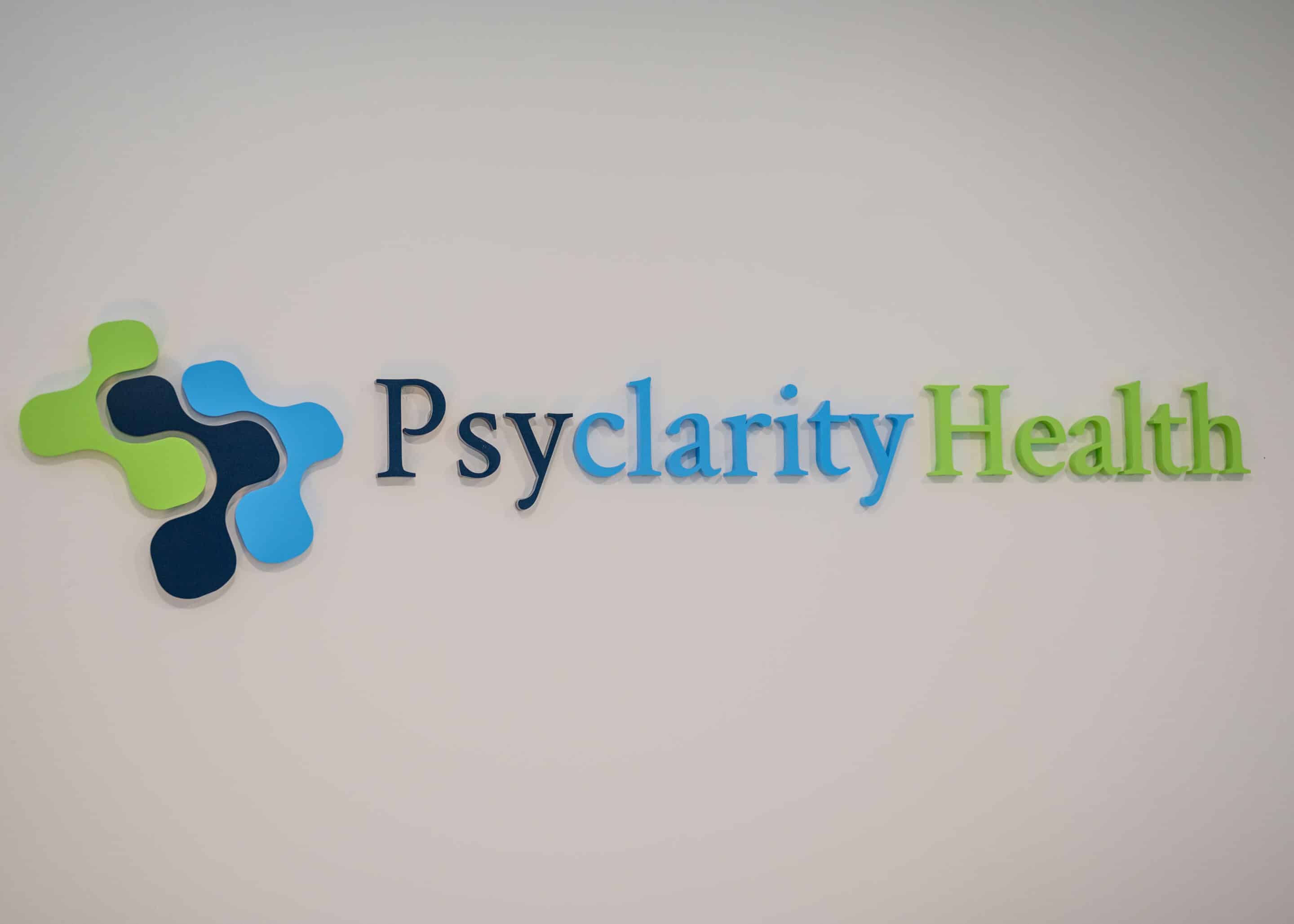Massachusetts
Detox
Healing Starts with Psyclarity
Massachusetts Drug & Alcohol Detox:
Your Step Forward
Drug and alcohol addiction can be crippling to your personal and professional life. There’s a stigma attached, with many believing they can summon the willpower to stop on their own. This is not only life-threatening, but it can set you up to fail on the road to recovery.
Both of these substances impact brain chemistry, causing a chemical imbalance. Ceasing the use of drugs and alcohol can have severe withdrawal symptoms, often with dangerous consequences.
In severe cases, the most effective drug addiction treatment requires intensive detox to rid the body of substances and help the patient transition toward a healthy and functional sober life. The symptoms of alcohol and drug withdrawal can be managed safely and effectively, ensuring patients are safe and secure as they take the next step forward.
We can help. Schedule your free and confidential substance abuse detox consultation today.
What Is Drug &
Alcohol Detox?
Detoxification, or detox, is the process of clearing the body of drugs or alcohol that have been consumed. This is done to safely manage withdrawal symptoms when a patient stops taking drugs or alcohol. Everyone has a different experience, but the medications and physician monitoring during detox keep patients safe and comfortable as the substances clear their body.
Designed as an early step in drug and alcohol rehab, detox rids the body of substances and manages withdrawal to prevent dangerous complications. Detoxing under medical supervision is essential – it should NEVER be attempted at home.
TOUR OUR FACILITY
How Long Does
Detox Take?
The duration of drug and alcohol detox varies according to the individual and may be impacted by the intensity, length of time, physical health, family history, and co-occurring mental health disorders. The patient’s response to detox may also affect the duration. Generally, the withdrawal symptoms can subside after a week. This time is less important, however, than managing the long-term changes to ensure that the patient isn’t at a significant risk of relapse.
Once the detox process is complete, the patient can then safely enter into the next phase of treatment with therapeutic modalities and supportive counseling, including individual and group therapy.
What Our Detox Program
Looks Like at Psyclarity
Our drug rehab center in Massachusetts offers addiction recovery treatment services in a discrete, tranquil environment. We cater to all patients and provide executive-level accommodation with supplementary counseling and psychiatric assistance to complement medical detox. In addition, we offer a range of programs that focus on Experiential Therapy and outdoor experiences in the beauty of the state’s natural environment.
Once detox is complete and you enter into Residential Treatment or Outpatient Treatment programs, you can access business facilities to manage your daily responsibilities while on the road to recovery
Taking the First Step Isn’t Easy,
But You Have Support
Detox can be a challenging experience, but it’s the best way to address the physical effects of drugs and alcohol and move forward healthier and more committed to recovery. We’ll be with you every step of the way, providing medical supervision, symptom relief, and support to promote the best outcomes.
After your treatment at a detox center, we take the next step with you. There’s no single solution to drug and alcohol recovery, so we provide an individualized treatment plan to address your specific challenges and goals with evidence-based modalities.
The Stages
of Detox
When entering drug or alcohol detox, a patient undergoes several phases of treatment. Patients are first evaluated by a clinical care team with mental and physical health assessments to determine the nature of the addiction and develop a tailored treatment plan.
Blood tests record the levels of drugs and/or alcohol in the system, allowing physicians to establish medication requirements. The patient’s mental state is also evaluated, along with the history of use and co-occurring disorders that must be addressed.
Once the evaluation is complete, physicians will stabilize the patient as necessary and prepare them for the processes involved in drug addiction treatment. This may include explaining the procedures involved and the side effects they may experience on their journey to recovery and sobriety.
Possible Side Effects
of Detox
While every patient’s recovery experience may be different, the first few days of drug or alcohol withdrawal can be challenging. The body has to adjust to the changes involved in clearing toxins from the system.
Anxiety and depression
Nausea and stomach pain, including vomiting and diarrhea
Flu-like symptoms, fever, body aches, running nose
Hallucinations
Seizures
Sweating
Heart Palpitations
Headaches
The Massachusetts detox specialists at Psyclarity Clinical Stabilization Services monitor heart rate, blood pressure, temperature, respiration, and fluid levels to counteract possible health risks. If necessary, medications and dosages can be adjusted to address symptoms.
Detox Services: First Step in Seeking Help From a Rehab Program
With the utmost in privacy and discretion, our Massachusetts detox programs help patients focus on the challenges of overcoming addiction with the assistance of skilled providers.
As patients complete detox treatments, they can transition into long-term recovery and relapse prevention with Inpatient and Outpatient programs, aftercare, and supportive housing to ensure they have a support system and continuum of care. With our evidence-based programs, patients can discover the techniques to build a foundation for a new life with independence and resolve.
If you or a loved one are struggling with substance abuse disorder, call and speak with a member of our admissions team.
Whether you’re coming from Boston, Danvers, Worcester, Quincy, Springfield, elsewhere in Massachusetts or New England, you can get the care you need at our Massachuetts treatment center.

Frequently Asked Questions About Detox
Answers to some of the most commonly asked questions about detox and the medical detox process:
What Is Medical Detox?
Medical detox is the process of removing harmful substances from the body with the assistance of certain medications. Traditional detox methods can be stressful, uncomfortable, and even painful. Medication-assisted detox reduces the stress on the mind and body.
Will My Insurance Cover Admission to a Detox Facility?
Most major health insurance plans cover admission to a detox treatment facility, and then subsequent admission to a substance abuse treatment center for inpatient treatment, including Medicaid.
Why Do You Have to Detox Before Inpatient Treatment or Outpatient Treatment?
One of the most important things you can do prior to beginning your treatment is detox. Being substance-free upon entering an inpatient rehab or outpatient program allows you to focus on your healing with more clarity. When you and those in your treatment program are clean and sober, it is more conducive to a recovery environment
Do I Have to Detox Again if I Relapse in Treatment?
It depends. If you find yourself actively using while in treatment, speak with your care team to determine whether returning to detox is the best plan for you. If you feel you are at risk of relapse and you are in an outpatient program, be fully transparent with your care team. An inpatient level of care may be a safer option for you.
Do I Need to Go to Treatment Immediately After Detox?
Continuum of care is key in recovery. Immediately entering an inpatient or outpatient treatment program post-detox is advised.
Why Shouldn’t You Detox on Your Own?
While ceasing the use of addictive substances is necessary before entering a drug or alcohol addiction treatment program, stopping some substances abruptly may have dangerous effects, including death. This is including (but not limited to) alcohol and opiates. It is important that you undergo detox under the supervision of medical professionals
If you are in need of detox before you enter into an addiction recovery program, contact a member of our admissions team.
More questions? Let us know how we can help you take this important first step in recovery.
MAKE THE CALL
Don’t go through the process of recovery alone.
There are people who can help you with the struggle you’re facing. Get in touch with one today.
Call Now: 855-924-5350
GET THE CALL
Enter your phone number below to request a call from a treatment professional.















